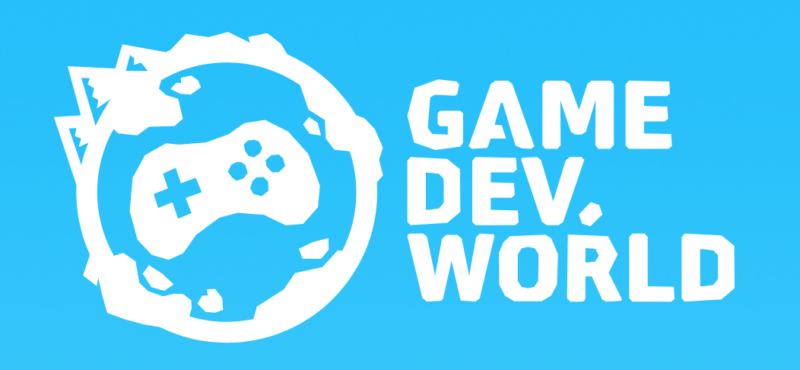
In recent years, more stories have bubbled up around tech conferences whose developers have faced a specific kind of hardship: visa troubles and other international-law woes. Thursday’s announcement of GameDev.World, a virtual conference scheduled for June 21-23, 2019, revolves largely around finding an answer to this and other accessibility issues for game makers around the world.
Vlambeer co-founder and development toolkit creator Rami Ismail confirmed that GD.W, a live-streamed video event full of live-translated speeches and Q&As, picked up significant steam after he struggled to organize a single conference panel last year. It wasn’t because his Game Developers Conference panel members canceled or flaked. It’s because five of his hopeful attendees had their visas to visit the United States canceled with barely a month’s notice—in one case, a week’s notice.
Ismail’s Thursday announcement included confirmation that this moment crystallized an effort he’d begun years earlier. Having attended conferences around the world since launching popular games like Nuclear Throne and Ridiculous Fishing, Ismail said he saw missing voices at major gaming events due to visas, travel costs, or in some cases, foreign speakers not being as welcome due to thickly accented English. “The language of games is supposed to be universal, but for most people around the world, the world itself is not accessible,” Ismail said at the aforementioned 2018 GDC panel.
The June event’s speakers and sponsors have not been announced, but Ismail has already begun pledging that the event will be free for anyone to watch online thanks to sponsors already in place.
GD.W’s board includes developer-diversity advocates like Sarah Elmaleh (the lead voice actor in indie hit Gone Home) and will likely draw some game-making pedigree—not to mention a wider international speaker pool, which will benefit from the event’s hire of a private, real-time translation firm to prepare closed-captioned subtitles in English, Spanish, French, German, Russian, Portuguese, Arabic, Chinese, and Japanese. In an interview with VentureBeat, Ismail claimed that he has yet to find proof of an existing, live-streamed event with that many real-time translations combined.
Visa repercussions, from Iran to Vancouver
One of the more infamous stories about GDC access revolved around an Iranian-born game-development student who was refused a visa to enter the United States in 2013. The student, Mahdi Bahrami, returned to GDC the following year to present a stunning game that combined traditional Iranian weaving and geometrical puzzles, which eventually launched internationally as Engare in 2017.
Visa entry woes may have contributed to at least one other seismic shift for a gaming event in the past year. Valve Software’s multi-million gaming tournament The International, dedicated to its Dota 2 championships, left the Seattle area in 2018 to relocate to nearby Vancouver, BC. The move’s announced reason was construction on a Seattle stadium, but esports fans have speculated that visa woes may have factored in.
https://arstechnica.com/?p=1446327

